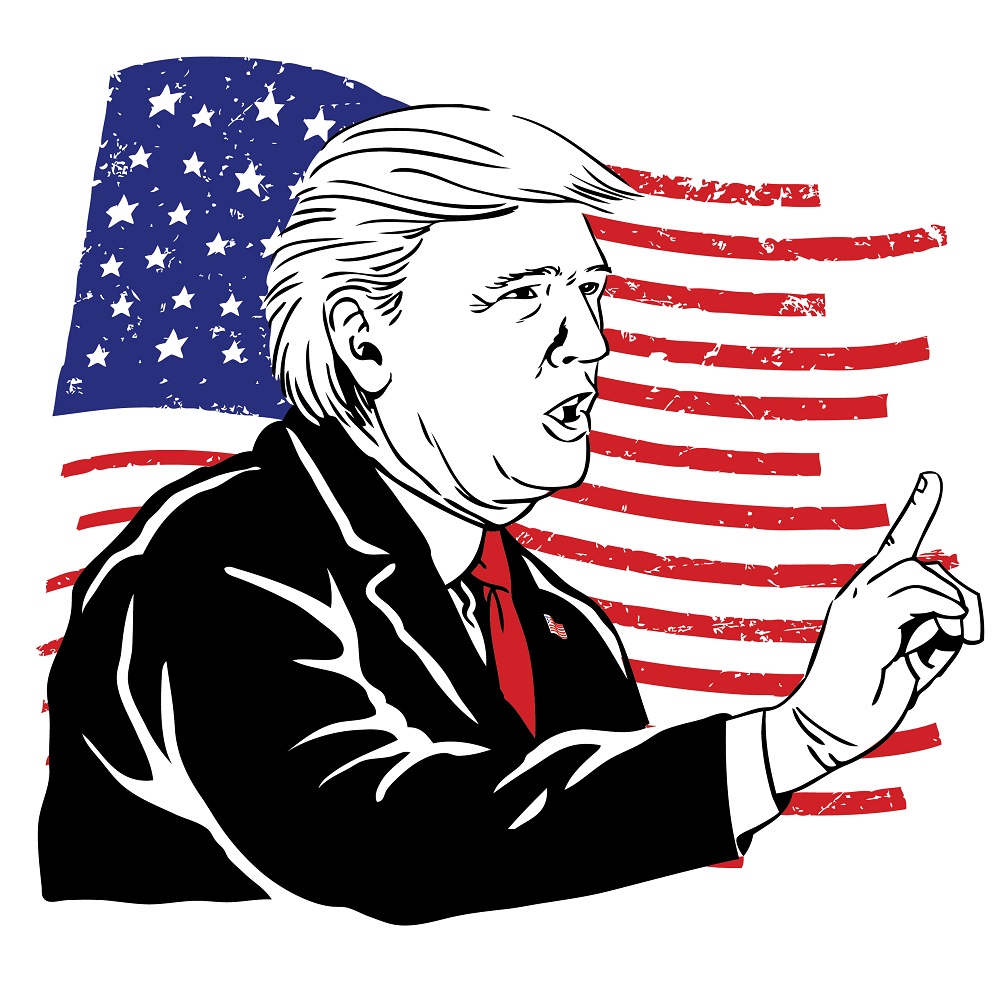
As U.S. Enforcement Lags, International Attention to Domestic Corruption Takes a Front Seat
Despite assurances from senior DOJ officials that the U.S. would maintain robust enforcement of the FCPA, enforcement has waned in the first eight months of the Trump presidency, with the DOJ and SEC combined announcing only four enforcement actions since the President took office.
with co-authors Maggie Grace and Nicholas Mongelluzzo
Indeed, the biggest FCPA settlement of the year, the $965 Million Telia Resolution, was a joint effort among U.S., Dutch and Swedish authorities. While commentators may disagree about the cause of the apparent slowdown, or whether it will continue throughout the Trump presidency, it is undeniable that since January 23, 2017 enforcement authorities abroad have grabbed the major headlines in the international anti-corruption space.
Brazil’s “Operation Carwash,” arguably the biggest corruption scandal in history, has resulted in the prosecution of government officials and private companies involved in money-laundering and bribery schemes, including 179 indictments, 93 convictions and the forfeiture of billions in illicit funds. Brazilian federal authorities continued throughout 2017 to make front-page news with an investigation into the world’s largest meatpacking company, JBS SA, which has been accused of paying millions in bribes to food inspectors across the world, including in the European Union and China. The CEO of JBS was arrested on September 13 on insider trading charges relating to the underlying investigation. Brazilian authorities have also made waves in their probe into a “cash-for-votes” scheme relating to the awarding of the 2016 Rio de Janeiro Olympic Games, which recently culminated in the arrest of the president of the Brazilian Olympic Committee.
Brazil has not been alone in its increased anti-corruption activity. In July, Indonesia, through the Corruption Eradication Commission, named its first-ever corporate defendant as a corruption suspect in relation to contracts given to a construction firm linked to the deputy governor-elect of Jakarta. The Supreme Court had authorized such prosecutions in 2016. In Nigeria, on September 6, the Gombe Zonal office of the Economic and Financial Crimes Commission arrested the Secretary to the State Emergency Management Agency for his alleged involvement in the diversion of materials meant for internally displaced persons, such as cans of paint. On the same day in Peru, the Justice and Human Rights Minister urged the nation’s former president to return to Peru to face a pending investigation into accusations of influence peddling and asset laundering charges related to Brazil’s Operation Carwash; the former president is accused of receiving bribes while in office to secure a contract to connect Brazil and Peru. China, whose anti-corruption efforts have increased dramatically in recent years, recently reaffirmed its fight against graft and bribery with President Xi Jinping’s promise for a “sweeping victory” against corruption.
These are just samples of recent international anti-corruption enforcement efforts. Regardless of whether the perceived slowdown in FCPA enforcement in the U.S. continues, it is clear that companies doing business across the globe cannot take their foot off the gas when it comes to anti-bribery compliance. This trend in increased anti-corruption activity has serious implications for companies operating internationally that have traditionally defined their anti-corruption compliance obligations based on U.S. enforcement actions. Actors in the international arena should note a few important takeaways from this trend:
- Companies doing business abroad need to redefine the scope of their anti-corruption obligations to match the laws and expectations of the countries they do business in, in addition to the FCPA’s requirements.
- Corporate actors should refocus corporate resources on regions based on an individualized risk assessment, with an eye toward a country’s commitment to anti-corruption enforcement. Solely focusing on FCPA geographic enforcement trends is no longer sufficient.
- Knowing who you’re doing business with is more important than ever. As the emphasis on anti-corruption efforts abroad increases, a single misstep in a foreign country may entangle a company in a foreign anti-corruption investigation and prosecution.


